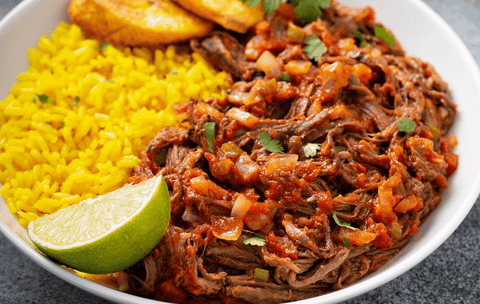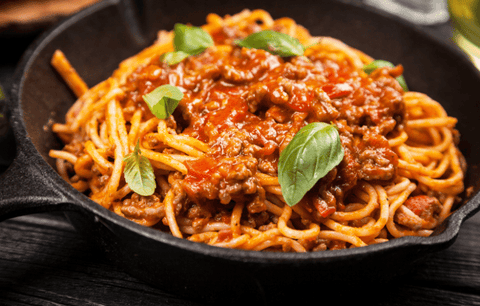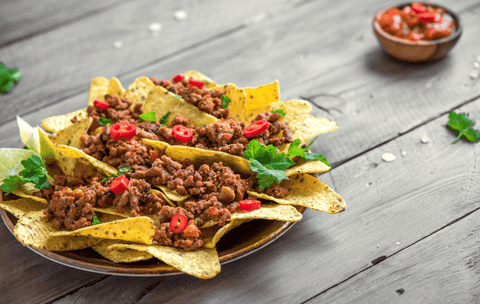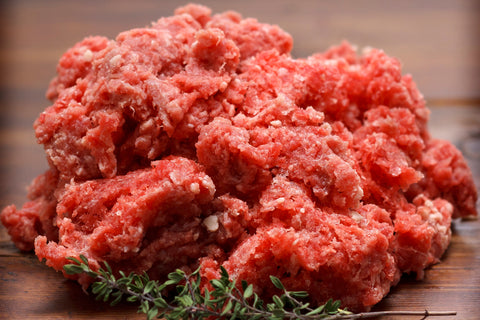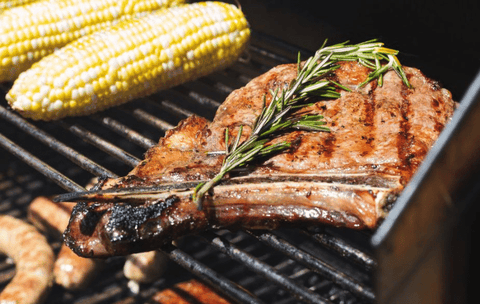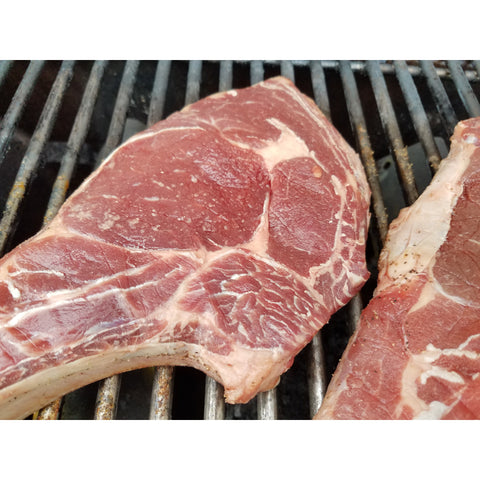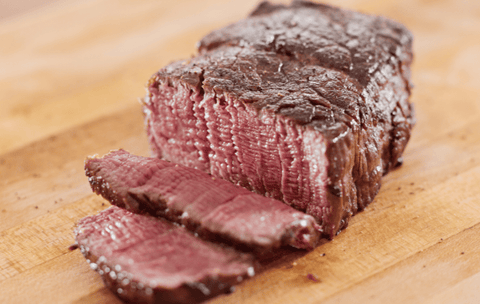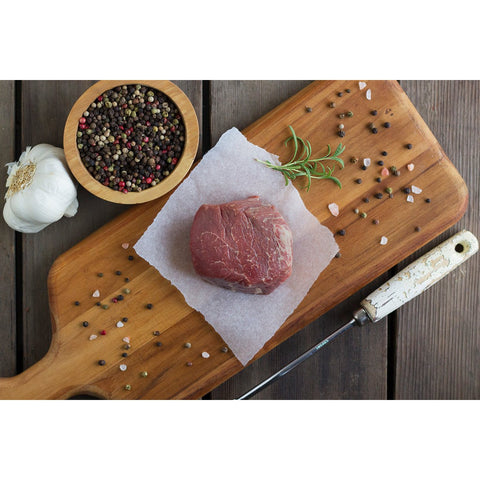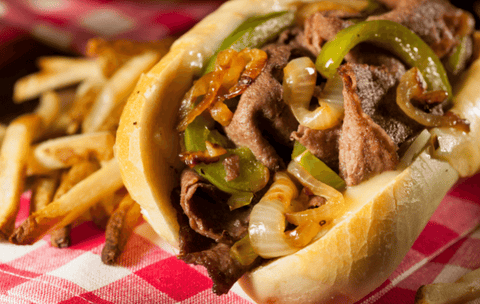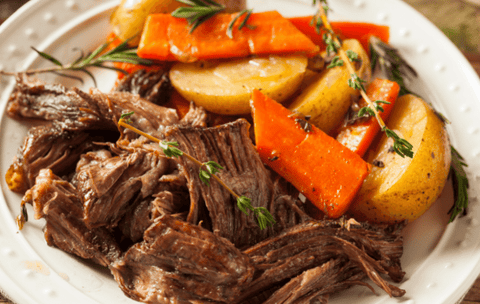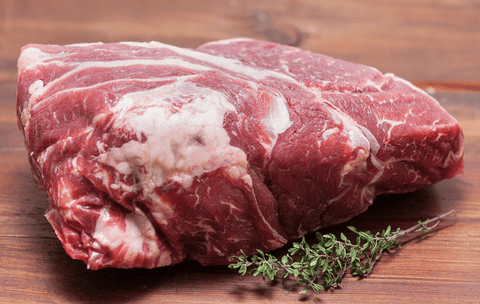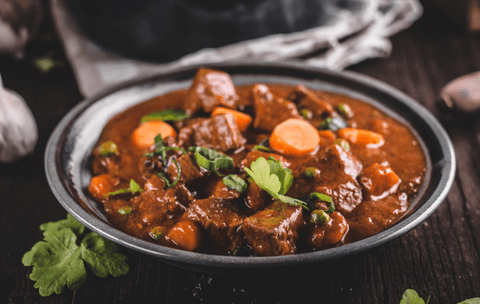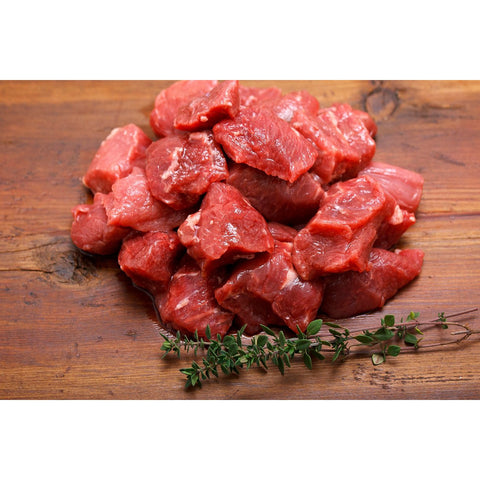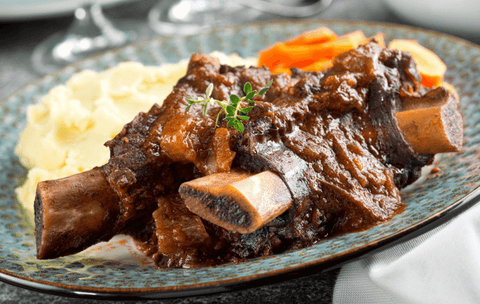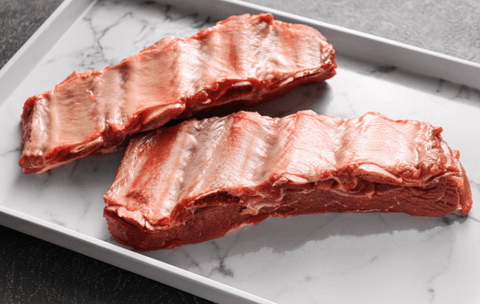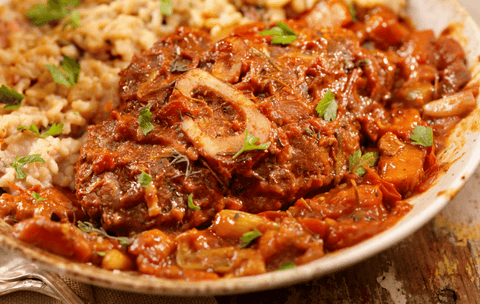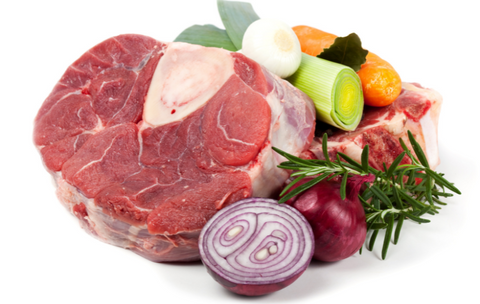The Story
WHAT DO YOU IMAGINE WHEN YOU THINK OF A "FARM"?
Do you think of old-fashioned chickens with normal size breasts that run around free-range along with cattle on green pastures?
How about poultry hatched and cattle born on the farm they are raised on, just like was done before 1950?
Do you think of animals who produce traditional quantities and can live a long productive life?
How about a small farm focused on feeding the region, not the world?
Do you think traditional, "normal", honest and authentic?
This is the vision for Old Time Farm.
The Story
Like many of you, I noticed the increase in cancer, allergies, and autism in our friends and family. I wondered where our food came from, how it was grown, what it was fed, how it was treated. Did this have any impact our health? What did all those confusing labels mean? Who could pronounce all those words on the labels?
In 2010 Ray & I sold our business and bought a 113 acre farm in Mercer County, PA to have more space for our horses. Then ... I wanted some chickens and a "house cow" for our own milk ...
The cows I found locally were high production "modern" types. I discovered the old-fashioned traditional producing livestock breeds were still in existence but were in danger of extinction ... the research and adventure started!
The Discoveries
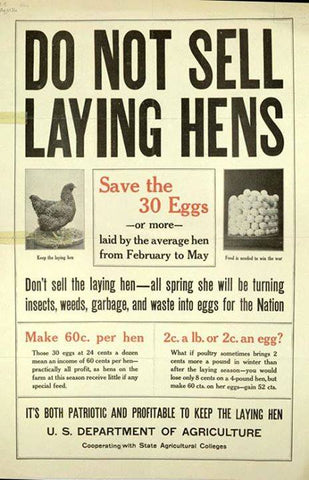 While searching for that elusive cow I came to realize:
While searching for that elusive cow I came to realize:
The idealized small diversified "family farm" is in danger of extinction while industrial monoculture farming is on the rise.
Livestock offering less than extreme production is endangered along with the soil biome, native plants and pollinators (not honeybees).
Animals are seldom raised from birth to harvest on the same farm, where immunity to the environment can be passed from mother to offspring.
Today's modern farms segment production phases for efficiency, like work on a factory production line. This means young animals are taken to places where they have no generational immunity and, in the case of cattle, mixed with the young from other farms so antibiotics are needed to keep them healthy.
For efficiency, modern farms expect animals (plants and soil too) to put out maximum production in the least amount of space, in the least amount of time, with the least amount of inputs - PERIOD.
Layers, who once were doing well when producing 150 eggs per year, have been highly bred to produce 300 eggs per year and that "cage-free" means broken bones for hens who have been selected for generations to live in confinement instead the of freedom.
The chicken meat industry, once an efficient use of the extra males hatched with layers, now has birds who are ready to harvest at the tender age of 30 days when the historical harvest age would have been at least 16 weeks and that there are several genetic defects that the meat industry is struggling to solve.
Cattle are now specifically bred to maximize beef production without a care to how well they produce milk for their calves or to maximize milk production without regard to whether they can calve without assistance.
The modern answer to the problems created by excessive production is focusing more and more on genetic modification, which bypasses the natural time needed for selective breeding of production traits back to a sustainable "normalcy".
The Solution
I don't want to eat factory farmed food and decided to put our 113 acre farm and my life experience to work.
"Old Time" traditional heritage breeds of poultry, livestock and traditional agricultural methods (with a twist of online tech for efficiency) were the perfect fit to create the idyllic farm and traditional products I was seeking to put food on my table ... and, as long as you support it, I'll grow enough to share with you!
Thanks for reading all this! You can learn more about what I'm are doing and other Moos by following the farm on social media or joining the email list in the links below!
Shel
PS ... I did find that cow. She is an American Milking Devon named "Latigo Rose of Higher View Farm", she is not a "dairy" cow by modern production expectations and no, I did NOT milk her!

What I'm Eating This Week ...
